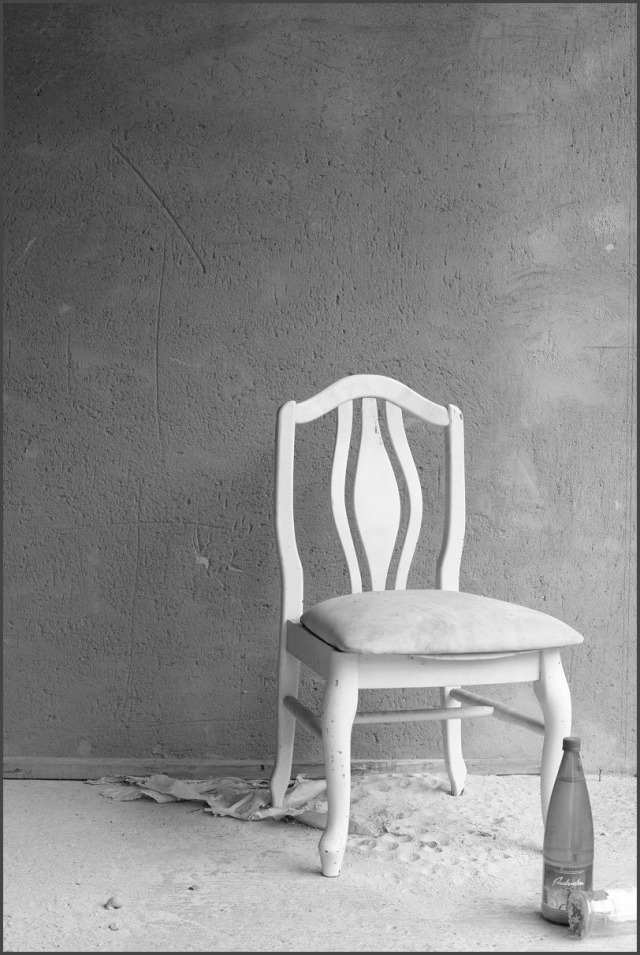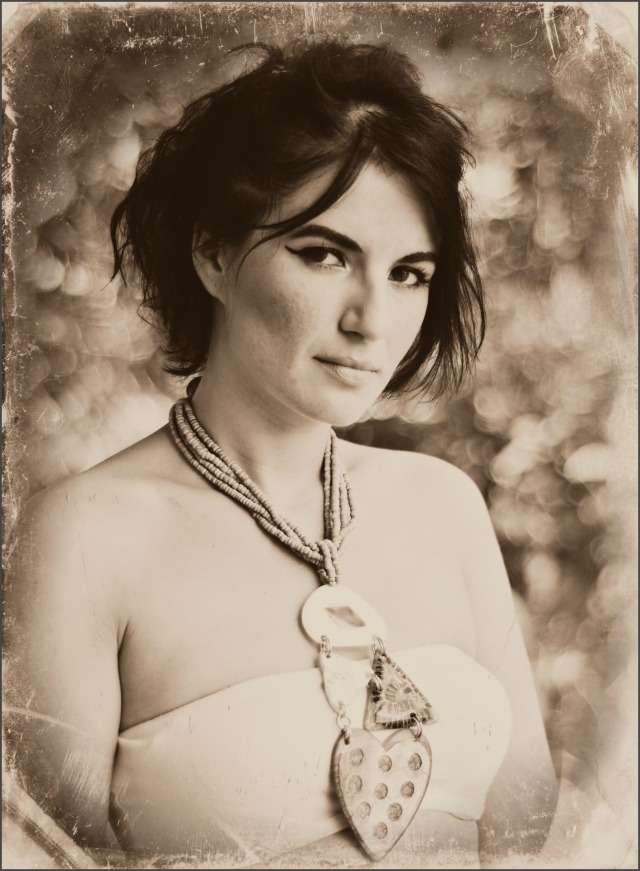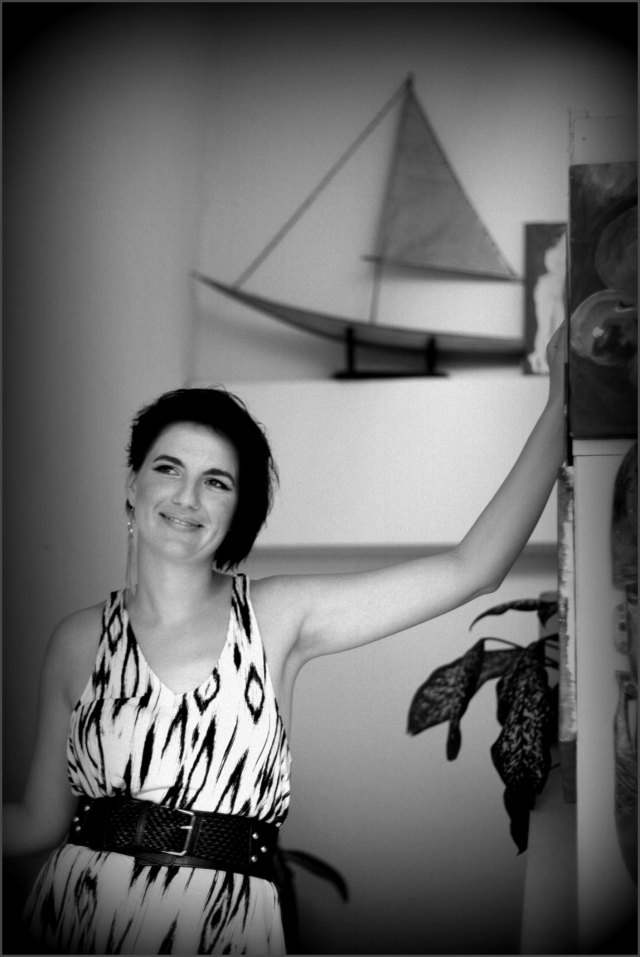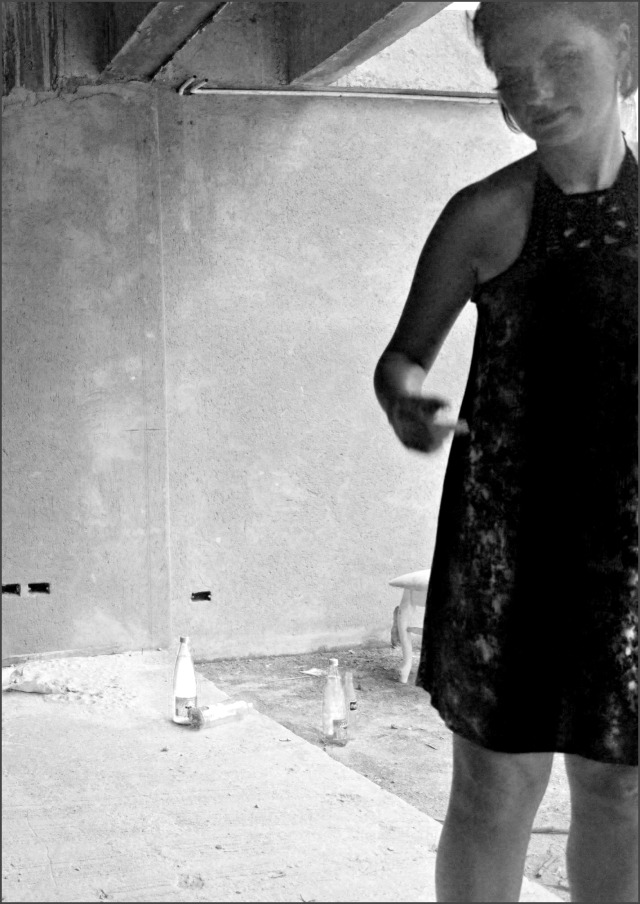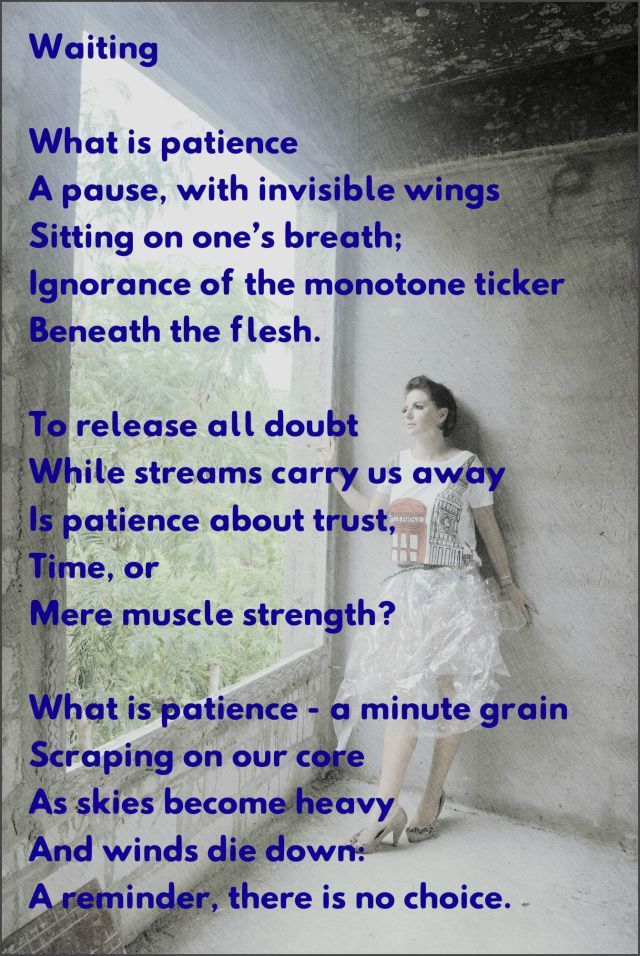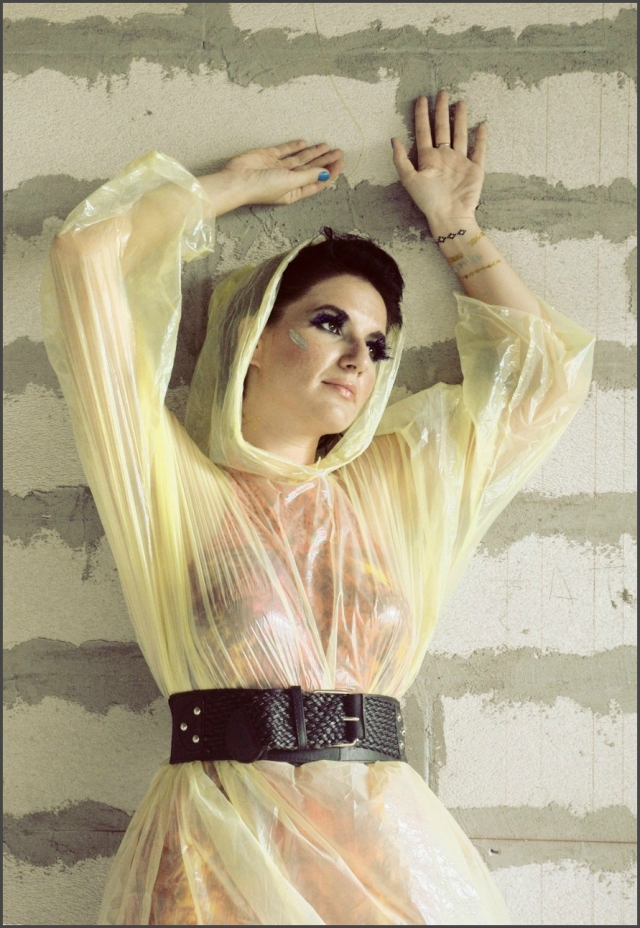Hold on,
what are you holding on to
and why?
Those ideas, plans, views
opinions of what all under the sky
should be?
For waters carry no words.
No stories,
not a single verse.
And every made-up belief
adds a white-picket fence
around your distraction fields.
Hold on,
What are you holding on to?
Sink deep, into
spaces that make you quiet.
Dig old forsaken pleasures out,
those fragile bits of absolute silence.
You don’t have to answer it.
But you see – what’ll be, will be
and no reason,
no force,
no strength of a grip
ever made a difference.





